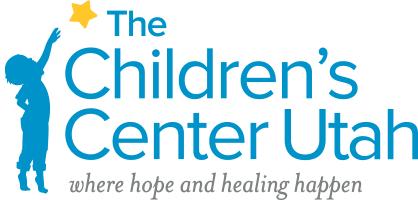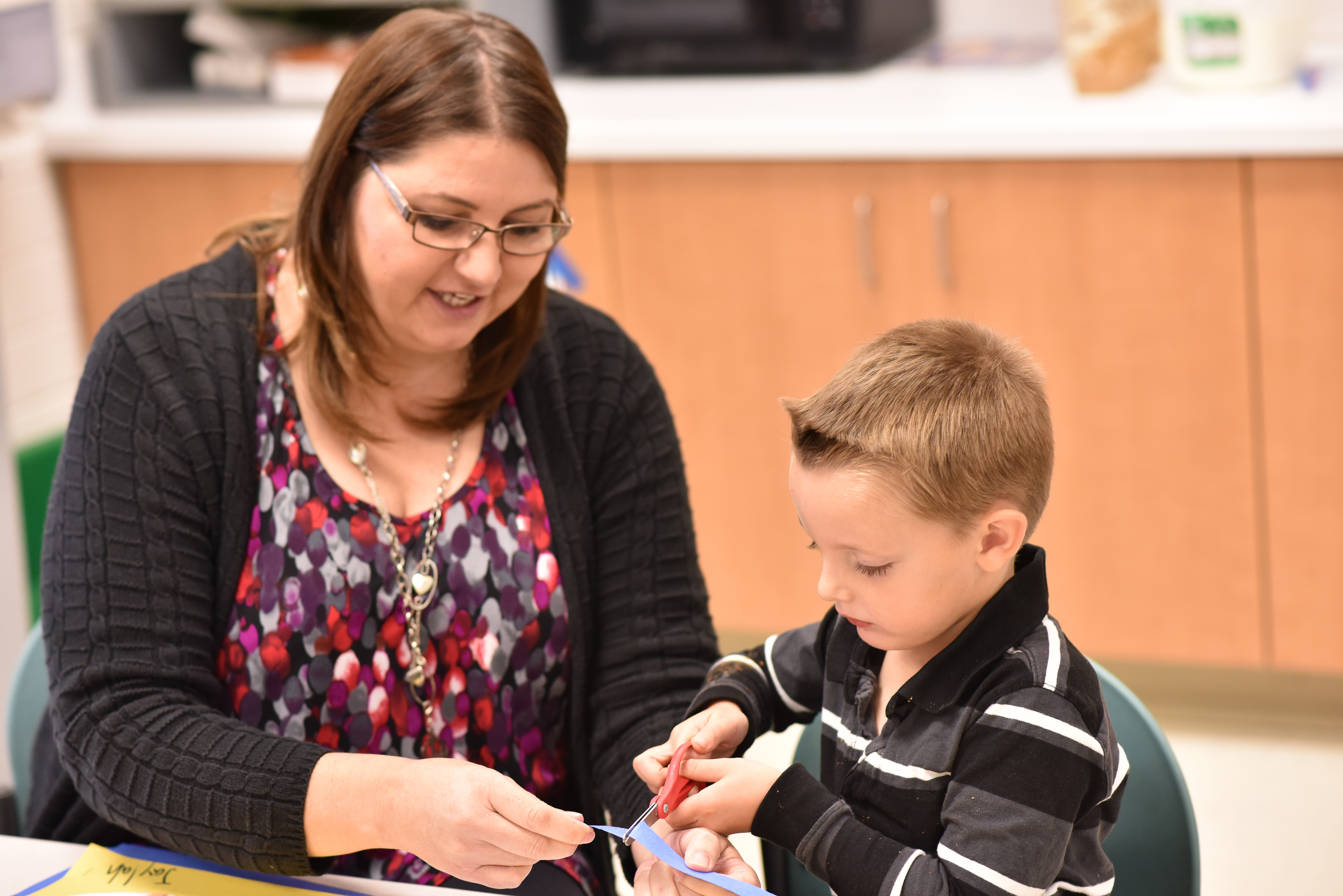SALT LAKE CITY — Young children, including infants and toddlers exhibit the same emotions that teenagers and adults do, and can struggle with mental health issues like anxiety and depression, sometimes due to developmental challenges or trauma.
"A lot of times, people don't stop to think about the fact that infants, toddlers and preschoolers have mental health, just like youth and adults do," said Rebecca Dutson, president and CEO at the Children's Center Utah.
The nonprofit provides mental health treatment for infants, toddlers and preschoolers. Dutson said that addressing mental health for children is more complex, and that the center's clinicians use a "wraparound" approach that engages families and caregivers and focuses on relationships when teaching children to understand and manage emotions.
"We believe, and it's proven in the research, that when you address mental health needs at the very onset, at the first sign, we have such a significant opportunity to change the trajectory of that child's life and, really, the experience for that child and their family and caregivers," Dutson said.
The Children's Center Utah and the University of Utah's Kem C. Gardner Policy Institute are hosting their second Ready! Resilient! Utah Early Childhood Mental Health Summit — a series of discussions on mental health — on Wednesday, Dec. 15, from 9 to 11 a.m. Dutson said the event aims to raise awareness of early childhood mental health, create a common language and understanding, and build a framework to strengthen mental health outcomes for children and families.
She said the first summit was held remotely, which brought even more people to the event. Holding the summit remotely also means that people who register but are not able to attend, have the ability to watch the event later.
The discussions will address policy recommendations which have been created by the Utah Early Childhood Mental Health Working Group, which has been striving to address policies that could strengthen Utah's approach to early childhood mental health, as well as lead to solutions for common issues.
"Addressing the complexities of early childhood mental health needs everybody — policy makers, researchers, child care providers, community leaders and mental health professionals — to join forces," Dutson said. "Our goal for this annual summit is to gather these brilliant minds so we can move forward together and build stronger future solutions to addressing early childhood mental health issues in Utah. We are so grateful to all those who continue to show support for the well-being of young children and their families."
Utah Gov. Spencer Cox and first lady Abby Cox are scheduled to speak Wednesday.
"Our children are struggling and they need our support," Cox said. "This summit will bring more focused attention on the mental health needs of our youngest Utahns and help us develop policy solutions to help them thrive."
The keynote speaker at the summit is Dr. Brenda Jones Harden, who is the Alison Richman Professor for Children and Families University of Maryland School of Social Work. She plans to discuss "disparities in mental health among minorities, the effects of COVID-19 on children's mental health, and the developing brain," as noted on a press statement regarding the event.
"She is a wonderful researcher and has prepared so many studies. We're very excited to have her with us," Dutson said.
Additionally, Wednesday's event will include a panel discussion to address state-level changes which will include state executives, private researchers and mental health experts.
Registration will be open until right before the summit opens, and anyone who wants to watch the summit can register online at childrenscenterutah.org. Dutson said they hope that with the summit, people who interact with children will be made aware of and understand how to find resources.


